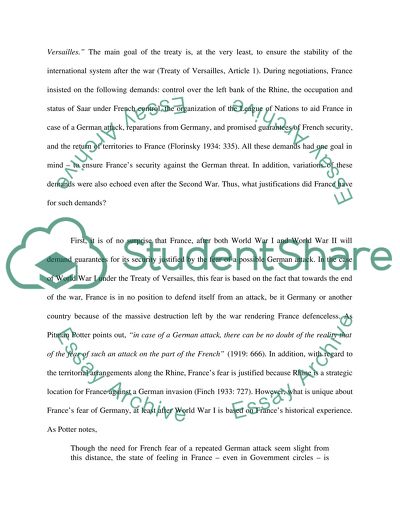Cite this document
(“Justifying Frances Demands during the Two World Wars Essay”, n.d.)
Justifying Frances Demands during the Two World Wars Essay. Retrieved from https://studentshare.org/history/1504860-justifying-frances-demands-during-the-two-world-wars
Justifying Frances Demands during the Two World Wars Essay. Retrieved from https://studentshare.org/history/1504860-justifying-frances-demands-during-the-two-world-wars
(Justifying Frances Demands During the Two World Wars Essay)
Justifying Frances Demands During the Two World Wars Essay. https://studentshare.org/history/1504860-justifying-frances-demands-during-the-two-world-wars.
Justifying Frances Demands During the Two World Wars Essay. https://studentshare.org/history/1504860-justifying-frances-demands-during-the-two-world-wars.
“Justifying Frances Demands During the Two World Wars Essay”, n.d. https://studentshare.org/history/1504860-justifying-frances-demands-during-the-two-world-wars.


